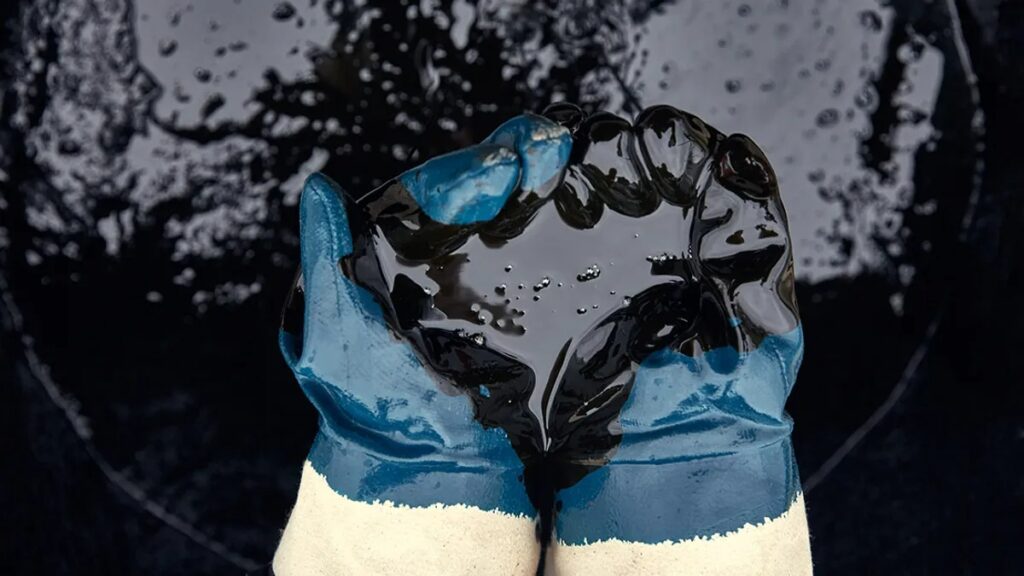
There’s a common misconception that when you fill up your vehicle at a gas station, you’re essentially fueling it with the remnants of ancient dinosaurs. While this idea has become quite pervasive, it’s time to set the record straight – oil is not the product of decomposed dinosaurs.

Geologist Reidar Müller from the University of Oslo clarifies the origins of oil: “For some strange reason, the idea that oil comes from dinosaurs has stuck with many people. But oil comes from trillions of tiny algae and plankton.”

Image credit: Kirill Gorshkov/Shutterstock.com.
The journey from tiny marine organisms to the black gold we rely on today is a remarkable one. Tens to hundreds of millions of years ago, these minuscule algae and plankton met their fate at the bottom of the sea, accumulating in layers beneath sediments. Over countless millennia, subjected to high pressure and a low-oxygen environment, they underwent a transformation, evolving into the viscous substance we now extract and refine for various purposes.

This process involves the slow “cooking” of organic matter, resulting in the formation of oil. Subsequently, the oil seeps upwards through geological layers until it encounters an impermeable barrier, necessitating human intervention to extract it – or in some cases, a natural catastrophe to set it free once more.
The idea that colossal marine dinosaurs, or even a T. Rex attempting an ill-fated aquatic adventure, would transform into oil themselves is unlikely. The critical factor is the oxygen-deprived environment required to convert organic material into oil. Following their demise, these mighty creatures would more likely become sustenance for smaller aquatic denizens, undergoing decomposition long before they could be buried and subjected to the oil-forming process.

So, the next time you fuel up your vehicle, remember that you’re not tapping into the primordial essence of dinosaurs. Instead, you’re harnessing the energy locked within trillions of ancient algae and plankton, whose legacy lives on in the form of the indispensable resource we know as oil.

Leave a Reply